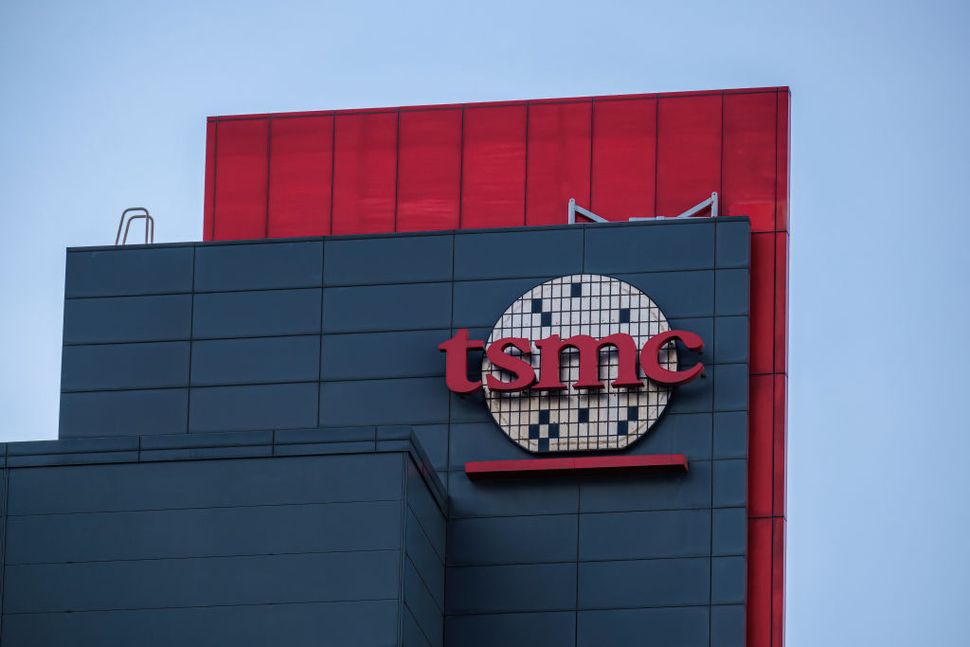25% of research and development can be turned into tax credits.
Policymakers in Taiwan have passed laws to allow chip companies take 25% of yearly research and development costs and turn them into tax credits, Bloomberg reports. This is part of an attempt to make sure that cutting-edge chip tech stays in Taiwan, as other nations have pushed incentives to strengthen their own supply chains.
"The Ministry of Economic Affairs stated that Taiwan is an important link in the global supply chain and a long-term reliable partner of international manufacturers, which is unique and irreplaceable," the Ministry of Affairs wrote in a release. It says that the move comes "In the face of huge incentive measures proposed by the United States, Japan, South Korea, and the European Union."
Chipmakers in Taiwan will also be able to file for tax credits on 5% of their annual costs for purchasing equipment for advanced nodes. (This equipment makes up some of the costliest parts of upgrading fabs or building new ones.) Bloomberg notes that credits earned can't surpass 50% of a company's annual income taxes.
The measures were introduced late last year and are likely to take effect this year.
The United States passed the CHIPS and Science act in July to support domestic chip production. Since then, plans for a number of American fabs have popped up, including Intel spending over $40 billion on facilities in the U.S. in Arizona, Ohio, and New Mexico. Taiwan Semiconductor (TSMC) announced a 5 nanometer-capable fab near Phoenix in mid-2020, which could benefit. GlobalFoundries, Samsung and Texas Instruments are also set to upgrade or set up new plants in the United States. The Semiconductor Industry Association, a lobbying group for the industry, says the CHIPS act attracted $200 billion in private investments to the sector.
Abroad, Intel had planned for a "mega-fab" in Magdeburg, Germany, receiving roughly $7.3 billion in funds from the European Chips act. In December, Intel reportedly backed away from starting construction due to a "difficult market situation."
While having chips made domestically has long been considered important to national security, the world saw what happens when supply chains back up in the early phases of the Covid-19 pandemic, which created a shortage of chips for computers, cars and other goods. That, mixed with a dash of geopolitical tension, has had companies looking to diversify their supply chains, and it looks like several of them will be able to follow the money around the world.
- aum and digitaldon2
-

 2
2




Recommended Comments
There are no comments to display.
Join the conversation
You can post now and register later. If you have an account, sign in now to post with your account.
Note: Your post will require moderator approval before it will be visible.